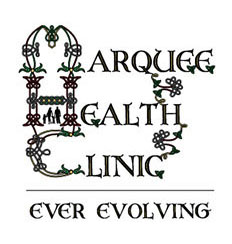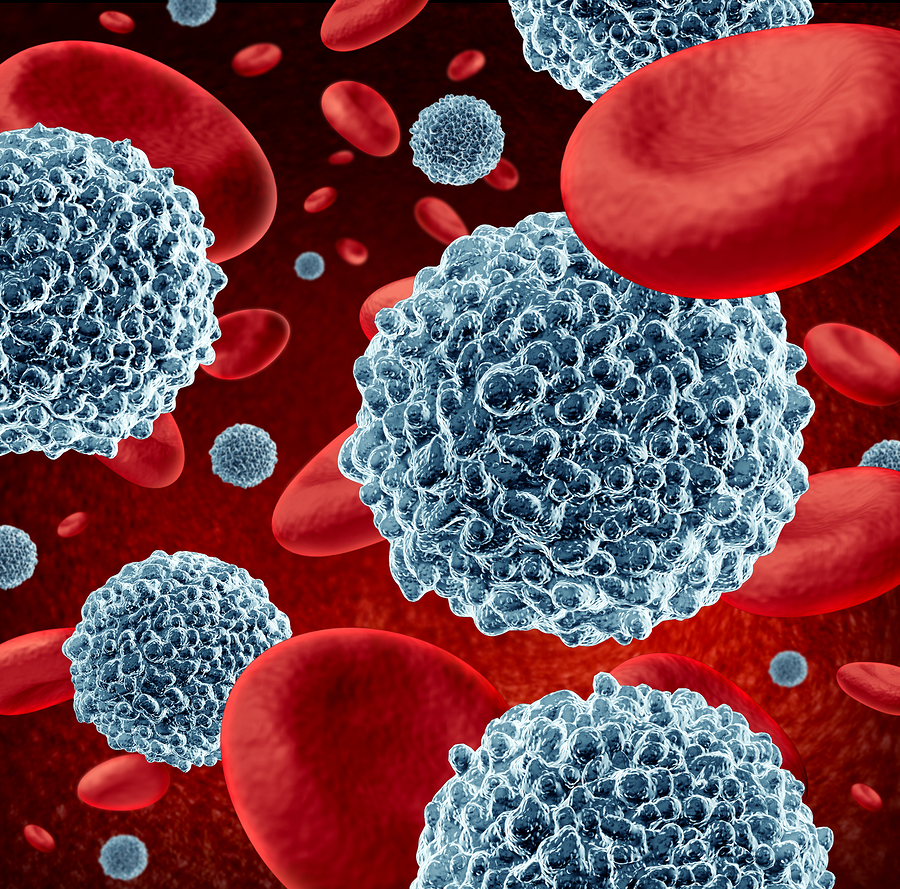Nothing brings a quicker awareness of the fragility of life to a patient than hearing the word cancer in a medical setting. It brings to mind a nightmarish vision of the body being slowly eaten away from the inside.
Cancer occurs when the body’s microscopic building blocks, “the cells” start to reproduce themselves abnormally. As these defective cells spread, the functions of the organs they invade are gradually destroyed. Remarkable progress has been made in the field of medical science since the 1950s when that disease was first discovered. Today, Western medicine can achieve a level of success against certain forms of cancer which would have been unthinkable only a decade ago. But its accomplishment has come as a price, the chemical and surgical approach being used can exert an enormous toll on the mind, and body of the sufferers.
Oriental medicine hasn’t got such a powerful arsenal in its disposal, so its strength lays elsewhere. Its approach to therapy is gentler and slower acting, but it is holistic, so the mind and the body, of the patient are treated together. Also the risks of side effects are eliminated. This makes it perfectly designed to complement Western medicine in helping the body recover from the life threatening disease.
In Occidental medicine, the most common form of treatment for cancer is called chemotherapy, which is the use of highly toxic chemicals to kill the cancer cells. These powerful weapons can be very effective in eradicating the cancer cells. Unfortunately, they are also very toxic to normal cells. In many ways, the western medical approach is akin to spraying pesticides in a garden to eradicate the weeds, with the hope that the surrounding flowers will be strong enough to survive the assault. Chemotherapy kills the immune cells, so patients are at risk of dying from weak forms of infections which would not harm them otherwise. It kills the cells lining the digestive tract, thus preventing the absorption of nutrients. This makes the patient even weaker. To deal with these side effects, more medication is given which in turn creates more side effects, which have to be treated with more chemicals. In some cases, the cancer treatments have to cease abruptly, when the patient’s body is simply not strong enough to survive the chemical assault.
While Chinese medicine is probably not capable of eliminating cancer by itself, it can bring immense benefits in many different ways
For example, the cancer patient is often suffering from pain, from the cancer itself, or in later stages, from the surgery. In Chinese medicine term, the pain occurs as a result of a blockage of energy (Qi) in the channel.. Acupuncture can help the patient to relax, and it will stimulate the flow of Qi to relieve the pain, without the use of chemical drugs. While there is still some controversy regarding how acupuncture actually works, recent research has showed that the analgesic effect of acupuncture is probably due to the production of natural opioids (beta endorphin, and met-enkephalin ) being stimulated in the body by the needles( Cohen et al. Integrative Cancer Therapies, 2005;4(2):131-43)
Being diagnosed with a life threatening disease is an incredibly stressful experience. .As we know, stress can further weaken the already depleted immune system of the sufferer. Chinese medicine can not only help the patient relax and cope better with the stress, but it has a rare ability to boost the immune system. This was demonstrated in 2007, when researchers in Japan compared the level of immune cells (leucocytes) in patients before and after receiving acupuncture. Their records showed a significant increase in the number, and in certain key components of these immune cells.( Yamaguchi .et al. Evidence Based Complementary and Alternative Medicine. Dec 2007).
Another critical aspect of the Western medical treatment of cancer is that its remarkable efforts are targeted at the disease alone, so there is little focus on the patient himself who is suffering.
Western medicine is highly specialized, and the patient has to move from one section of an hospital to the next, being treated by several specialists, each one highly knowledgeable in their own field of expertise, but focusing on only a specific aspect of their illness .Often the cancer patient has to go through a harrowing emotional journey from the time of the diagnosis, being passed around from the oncologist, to the endocrinologist, to the pain clinic, to the counsellor if they are depressed, or to the immunologist if they struggle to recover. In the wonderful book Traditional Chinese Medicine approach to Cancer, by Henry McGrath (2009), the author argues that “ the very nature of western medicine is not to treat the person, but to treat the disease” .
As an example, he explains that when controlled trials are run to demonstrate the efficacy of a new drug on reducing the size of a cancer tumour , no attempt is made to take into account causing factors such as, liver malfunction, blood disorders, digestive problems, or emotional factors.
In contrast, in Chinese medicine all the individual aspect of a patient’s health is taken into account. This will be the focus of our next article on this fascinating topic.
Olivier Lejus MHSc.BHSc. is a registered acupuncturist practising in Sydney.

